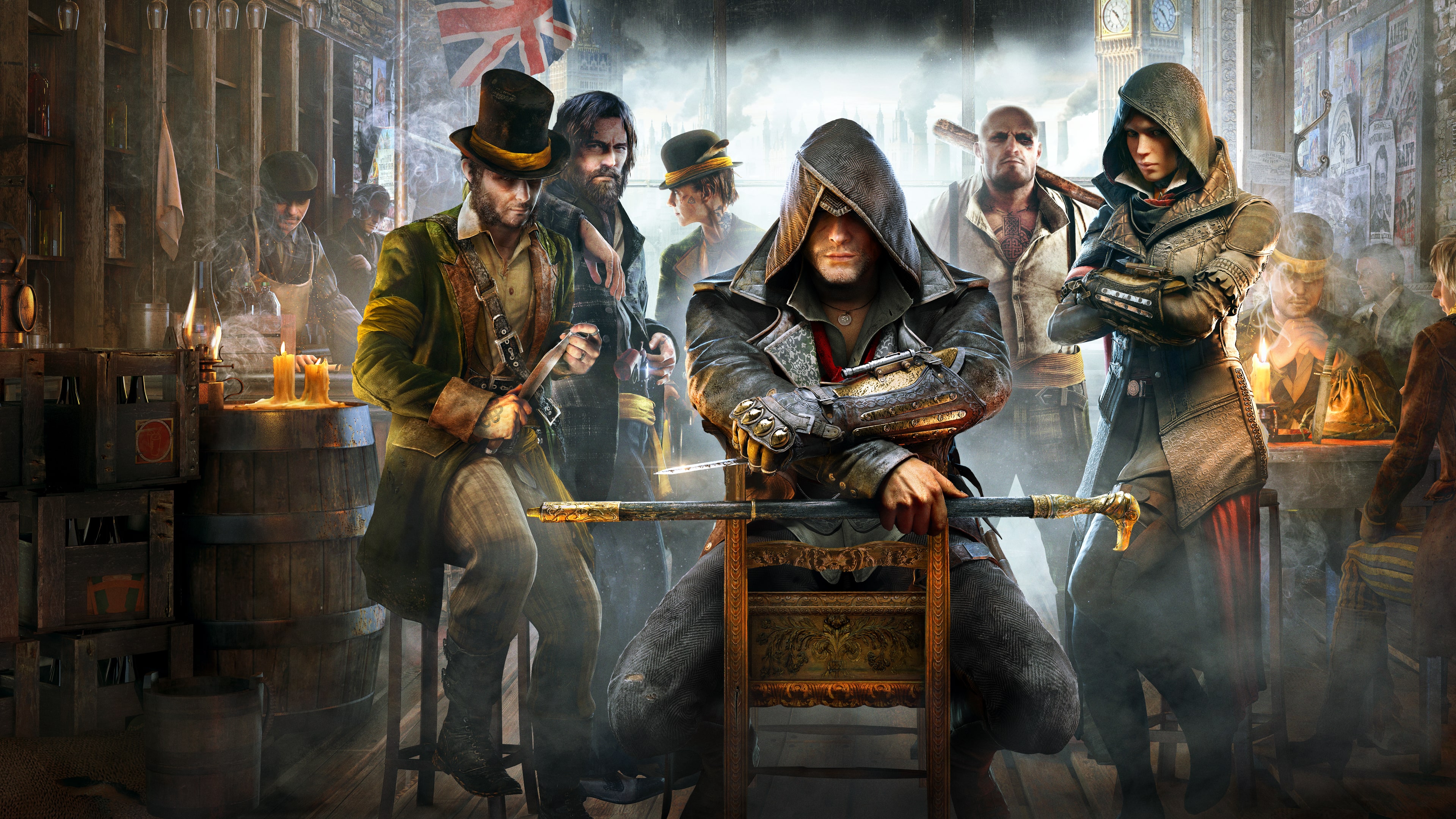


Alongside this, the two also have almost identical skill trees, with only the later game funnelling them down combat and stealth respectively.Ĭharacterisation across the story is excellent however, with the Fryes coming across Dawkin, Dickens and Florence Nightingale amongst others. Jacob, as his character suggests, prefers a more direct approach, wading into fights and making a scene, while Evie prefers stealth, sneaking in and out, eliminating enemies one at a time although, in truth, both are capable of each type of gameplay, and the majority of missions allow you to choose how you tackle them. In the side missions and the open-world you can mostly choose whom to control, swapping briskly from the menu, but mainline story missions force you to control one or the other. Despite their differences they work wonderfully as a team throughout the story, though it’s their nuances that impress me the little comments and teasing that make up their relationship mirroring those of any real siblings.īrilliantly, their differing characters mean that they actually play slightly differently, reflecting their personalities. Evie is the opposite, more restrained, concerned with the bigger picture – which for me made her the more interesting of the two. Jacob is blunt and rather rash, a street fighter at heart, rather than a thoroughbred assassin. Dual protagonists, the twins are fantastically characterised. Jacob and Evie Frye are largely responsible for this.

In fact, it could be the best, full stop. I shouldn’t have been, because Syndicate is the best Assassin’s Creed game since Brotherhood. With changes for (what looked like) the sake of it and the apparent discarding of Unity’s good points, I was very, very worried. Back in May, when Assassin’s Creed: Syndicate was shown off for the first time, I penned a piece explaining my concerns with what was shown.


 0 kommentar(er)
0 kommentar(er)
